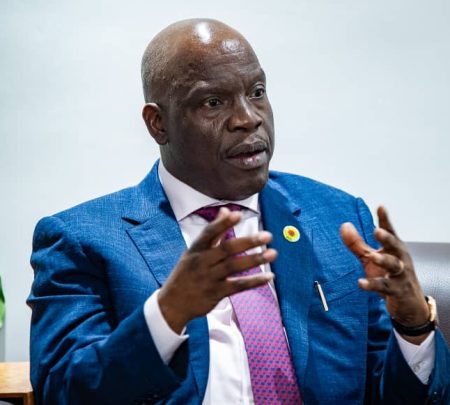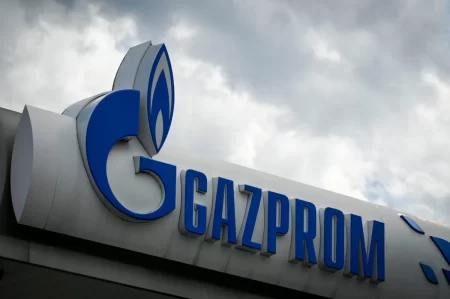 London — Insurance costs for ships sailing through the Middle East have increased by at least 10% after attacks on two tankers in the Gulf of Oman on Thursday, with the potential for costs to rise further as regional tensions escalate, ship insurers said.
London — Insurance costs for ships sailing through the Middle East have increased by at least 10% after attacks on two tankers in the Gulf of Oman on Thursday, with the potential for costs to rise further as regional tensions escalate, ship insurers said.
The attacks have already stoked concerns about reduced flows of crude oil on one of the world’s key shipping routes, pushing up oil prices by as much as 4.5%.
Some tanker companies have already suspended new bookings to the Middle East Gulf.
Freight rates for supertankers transporting oil from the Middle East Gulf to Asia were already close to a two-month high on Thursday at nearly $13,000 a day, up nearly $2,000 from Wednesday.
Every ship needs various forms of insurance, including annual war-risk cover as well as an additional ‘breach’ premium when entering high-risk areas. These separate premiums are calculated according to the value of the ship, or hull, for a seven-day period.
Ship insurers say the biggest vessels sailing through the Gulf area face additional costs of up to $200,000 for a single seven-day voyage, roughly twice as expensive as earlier this week.
“The facts on the ground have changed. If any of those tankers sink, you will see a rise across the board in the annual war premiums,” one underwriter said.
“This is not the first incident, and what we are seeing (with rates going up) reflects the worsening situation in the area.”
On May 17 the London insurance market’s Joint War Committee extended the list of waters deemed high risk to include Oman, the United Arab Emirates and the Gulf after separate ship attacks off Fujairah.
HIGH-RISK ZONE
Washington has blamed Iran or its proxies for attacks on May 12 that crippled four oil tankers in the same area. It also said Tehran was behind May 14 drone strikes on two Saudi oil-pumping stations. Tehran has denied all the allegations.
“War-risk premiums have already gone up since the decision by the Joint War Committee to extend the high-risk zone and they are now in the double digits,” said Marcus Baker, global head of the marine practice at insurance broker Marsh.
About a fifth of the oil consumed globally passes through the Strait of Hormuz, shipped from Gulf energy producers, including Saudi Arabia, the world’s biggest crude exporter.
U.S. President Donald Trump on Friday blamed Iran for the attacks after the U.S. military released a video it said showed Iran’s elite Revolutionary Guards were behind Thursday’s attacks.
Iran has said it is alarming and wrong of Washington to blame Tehran for the attacks.
Jonathan Moss, head of transport and shipping with law firm DWF, said the extent of geopolitical turmoil had not been seen since the U.S. war in Iraq in 2003, when underwriters increased premiums on fears of claims arising from collisions, groundings and attacks on ships and oil facilities.
“This coming year will see a drive by insurers to raise premiums in the face of a cocktail of instability in the region,” Moss said.
Rate increases for hull, machinery and war risks are likely to be between 10% and 20%, he added. “Once again the international shipping industry finds itself caught in the middle of a geopolitical conflict over which it has no control,” tanker association INTERTANKO said.
Kindly like us on facebook
- Reuters



